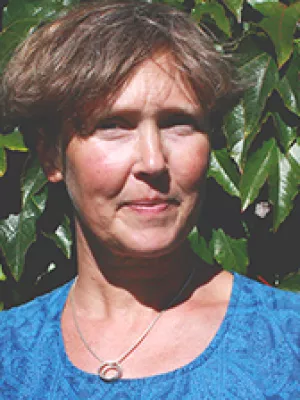
Malin Arvidson
Senior lecturer | PhD in Sociology

Ethics, intimacy and distance in longitudinal, qualitative research: Experiences from Reality Check Bangladesh
Author
Summary, in English
This article contributes to debates about ethical and methodological dilemmas experienced in international development studies. It departs from a research experience based on a longitudinal study, the Reality Check Approach, that puts intimacy, immersion and consensus at its core. These concepts signify an ethically motivated approach that aims to give voice' to people living in poverty. They also describe an ideal research relationship assumed as the basis for good quality data. The article examines the difficulties encountered when faced with ambiguous meanings in people's responses, and shortcomings of the approach. These include the combining of ethical and instrumental motivations in the research framework and ambivalent roles and conflicting ethics, highlighted in the conflictual notions of giving someone space to talk' and making someone talk'.
Department/s
- School of Social Work
Publishing year
2013
Language
English
Publication/Series
Progress in Development Studies
Volume
13
Issue
4
Document type
Journal article
Publisher
SAGE Publications
Topic
- Social Work
Keywords
- Longitudinal
- qualitative
- ethics
- intimacy
- Bangladesh
- immersion
- research relationships
Status
Published
ISBN/ISSN/Other
- ISSN: 1477-027X

